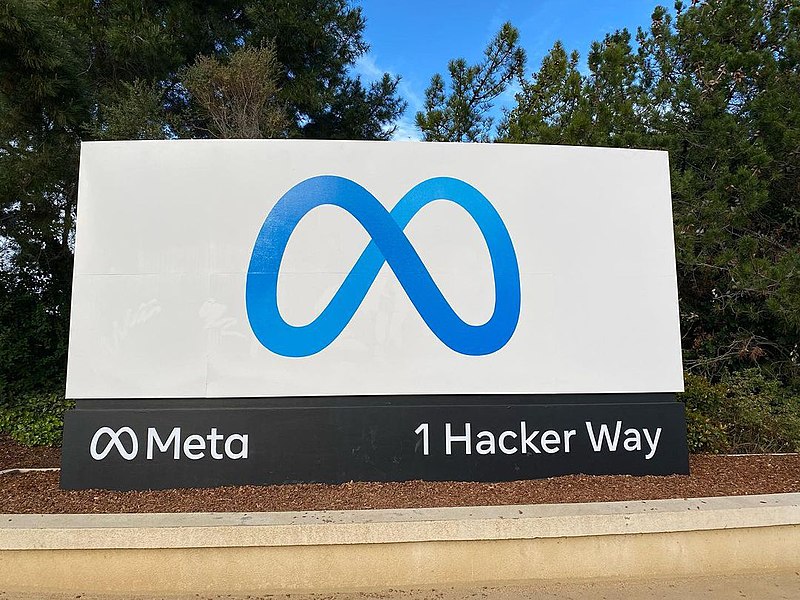 APPS
APPS
 APPS
APPS
 APPS
APPS
Meta Platforms Inc.’s Oversight Board, an expert panel that advises the company on moderation decisions, today called for changes to its manipulated-content policy.
Meta formed the Oversight Board in 2020 to field appeals that users submit over moderation decisions across Facebook and Instagram. Additionally, the panel can recommend ways to improve the company’s content policies. According to Reuters, Meta isn’t required to implement the Oversight Board’s advice and has ignored some of its past suggestions.
The panel’s recommendation today that the company change its manipulated content policy was made in connection with an altered video of President Joe Biden. The seven-second clip, which was uploaded to Facebook last March, was edited to make it appear as if Biden is inappropriately touching his adult granddaughter’s chest. A user reported the video to Meta, but the company decided that it doesn’t breach its manipulated content policy, which is why the matter was brought before the Oversight Board.
The panel concluded that Meta was correct in determining the altered video doesn’t breach its rules. The reason, the Oversight Board wrote in a 20-page decision today, is that the rules are too narrow. The document goes on to list several areas for improvement in Meta’s manipulated content policy and ways the company can address them.
First, the Oversight Board points out that the policy only applies to videos in which people are depicted as saying words they did not say. Videos that depict people doing things they did not do, such as the altered seven-second clip of Biden, are not covered under the policy. Audio files are likewise exempt. The Oversight Board is recommending that Meta extend its manipulated content policy to cover such content.
In its decision, the panel highlighted that the policy only applies to manipulated content created with artificial intelligence. The Oversight Board is arguing that Meta’s rules should also cover altered media created with less sophisticated methods.
“Experts the Board consulted, and public comments, broadly agreed on the fact that non-AI-altered content is prevalent and not necessarily any less misleading; for example, most phones have features to edit content,” the panel stated in its decision. “Therefore, the policy should not treat ‘deep fakes’ differently to content altered in other ways (for example, ‘cheap fakes’).”
Another section of the decision focuses on the fact that Meta currently maintains two different versions of its manipulated content policy. That inconsistency “raises legality concerns,” the panel argues. The Oversight Board is recommending that Meta fix the issue, as well as clarify the policy by detailing the specific harms it’s designed to prevent.
Meta should “clearly define in a single unified Manipulated Media policy the harms it aims to prevent – beyond users being misled – such as preventing interference with the right to vote and to participate in the conduct of public affairs,” the panel wrote.
The Oversight Board’s final suggestion is that Meta doesn’t always have to remove manipulated content posted to its platforms. In cases where “when no other policy violation is present,” the panel believes that the company can simply add a label indicating that the content is altered.
The Oversight Board’s latest decision comes three months after Meta introduced new rules for AI-generated political ads distributed via its platforms. Under the new rules, organizations will have to add disclosures if their ads depict a real person as saying or doing something they did not say or do. The disclosure requirement also applies to certain other types of AI-generated ads.
Support our mission to keep content open and free by engaging with theCUBE community. Join theCUBE’s Alumni Trust Network, where technology leaders connect, share intelligence and create opportunities.
Founded by tech visionaries John Furrier and Dave Vellante, SiliconANGLE Media has built a dynamic ecosystem of industry-leading digital media brands that reach 15+ million elite tech professionals. Our new proprietary theCUBE AI Video Cloud is breaking ground in audience interaction, leveraging theCUBEai.com neural network to help technology companies make data-driven decisions and stay at the forefront of industry conversations.